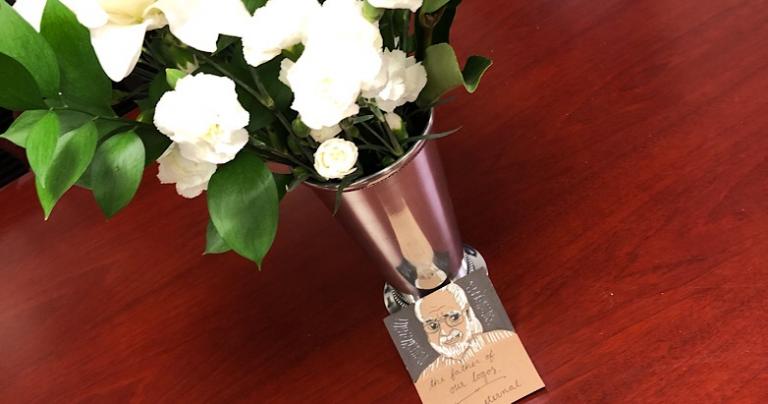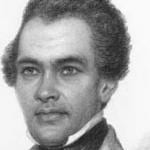
Grief is a lifelong process until we slip into the place where death is no more.
I have family members who have died that I think about every week. I cannot even name them in this post as their memory is so sacred. As I get older, the list of such memories grows longer. The lesson of a grandparent who wanted to go on to Glory to see her friends, who were mostly already there, grows greater.
This last year contained many losses to death, including one that my very job forces me to consider, the death of Professor Al Geier. I teach many classes dialectically in a way peculiar to Professor Geier: a fusion of Straussian concern for the text, with a puckish dislike of gurus, an analytic concern for precision, compassion for students, and a commitment to seeking the good in discussion. Professor Geier would change his life if he was persuaded, change nothing if he was not.
He has been gone a year. We gave out the award he allowed us to name after him last graduation and will do so again. We will meet, but we miss him.
There is an odd belief that there must be a limit to grief or mourning. Surely, like any emotion, one can act inappropriately in mourning. As a boy, I knew folk who made grief a show to draw attention to self. This made me hesitate to write about a particular loss at all: my grief is himward, not about me. A good Republic discussion with Professor Geier with overly strong coffee is what is gone because he is gone.
My hope is that some thoughts on hopeful mourning will help friends.
Genuine mourning moves us from now to eternity.
People around me also mourn. I have noticed that if they have had poor families, weak communities, or bad theology they think they have to “get over it” totally. They mourn but are ashamed to cry. I love this about the Orthodox Church: we recall our missing members, including family members, all the time. We mourn hopefully, and without shame.
Death is mostly sad for those of us who remain. If, as revelation and reason suggest, death is a passage to a better world, we still go through a time of continuous loss. We mourn absent friends. When we toast at our Christmas feast, there are joyful toasts (“To the Chums around the World”), jolly toasts (“To the Return of Arthur”), and toasts to honor honorable people (“To our Patrons, the Founders of the Feast”). The most moving to me has become this: “To Absent Friends.”
They are not, perhaps, literally gone. They may be in a cloud of witnesses to our festival, but we miss them.
When we recollect we do not only mourn in sorrow. When I think, “class would be better if I could call Professor Geier and ask,” then I consider him in eternity seeing the Good through the hope of God’s good grace.
That is good. My mind is turned from becoming to being: sorrow with eternal hope.
The list of people whose death I mourn this way grows longer: family, mentors, pastors, friends. I mention this one, because today someone in the office, a place where the Geier style is emulated, left flowers with a message. Another student and friend helped us plant an olive tree in our prayer garden to recall him.
Mourning is painful but sweet: memory eternal where the pain is immediate and the relief is coming. That’s a hope to live with in a mourning time awaiting the Morning of the world.
See you in the Morning Professor Geier . . . .
Rachel Motte edited this essay.












